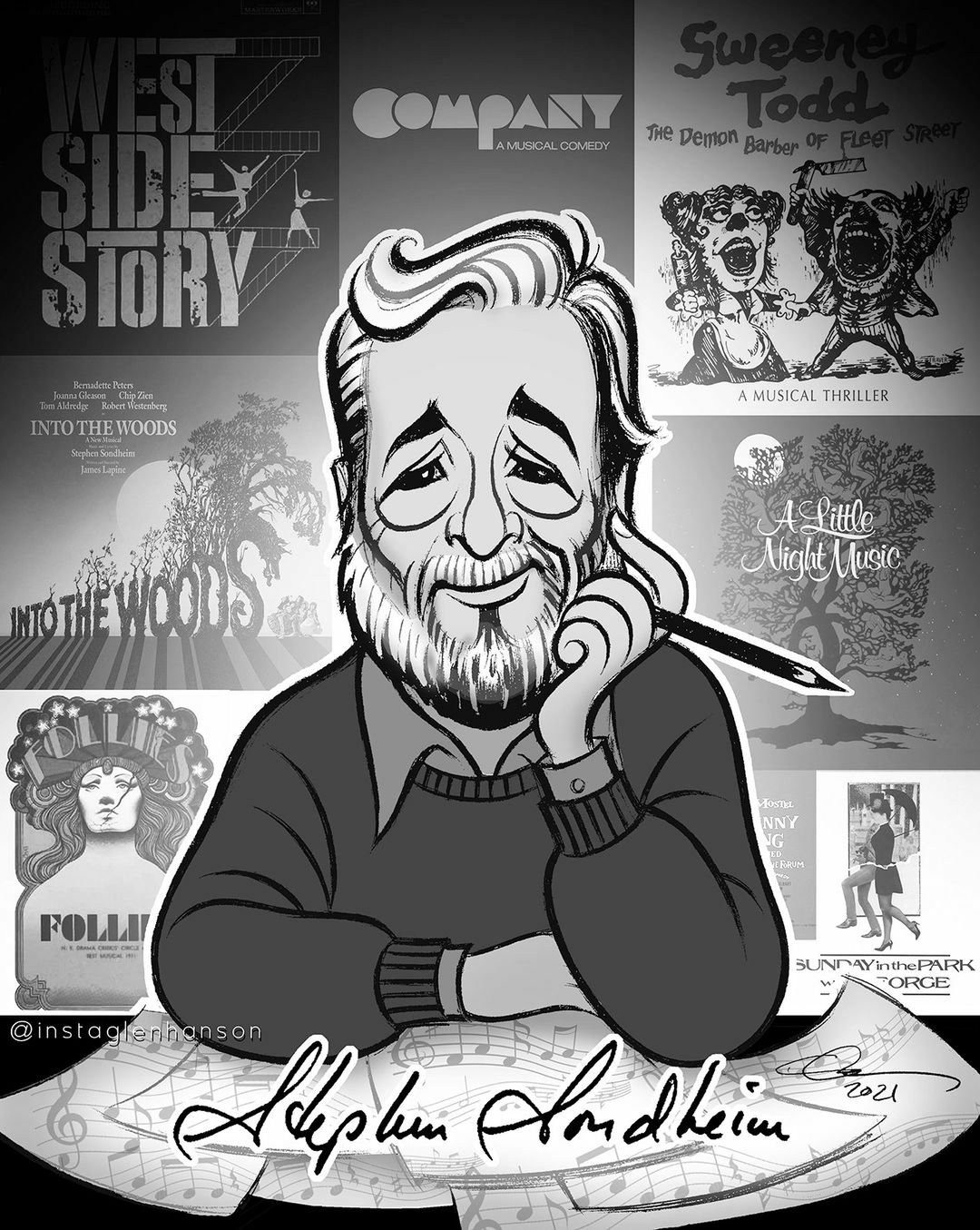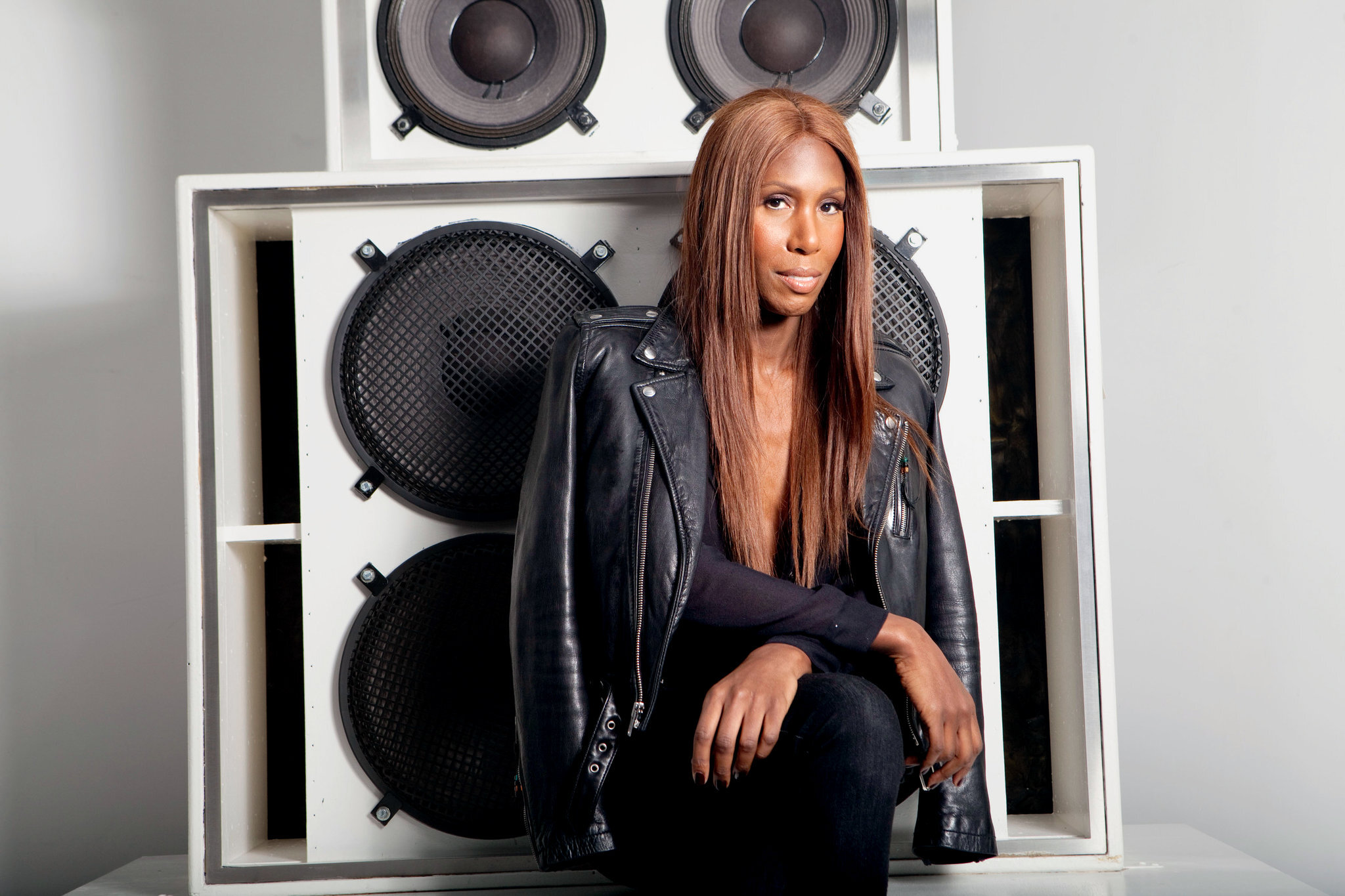In honor of PRIDE month this June I will spotlight only LGBTQIA+ Artists to show you one more way in which we should be grateful for to the Queer Community and how without it we would not have the world or nation that we love so much. We should be grateful and proud.
Before Sylvester, before Alex Newell, there was Jackie Shane. Nashville raised and Toronto famous, she was Canada’s Patti LaBelle, Etta James, or Tina Turner. With sounds like the Crystals or the Shirelles, I can only imagine what would have happened if Phil Spector had gotten his hands on her.
Jackie Shane was a black transgender soul singer who packed nightclubs in 1960s Toronto before she stepped out of the spotlight for decades, only to re-emerge with a Grammy-nominated record in her 70s.
Almost five decades passed between Ms. Shane’s 1960s career in Canada and her 2018 Grammy nomination for best historical album, for “Any Other Way.” The record introduced her to a new generation of fans, and today her face is part of a towering mural in downtown Toronto.
“I do believe that it’s like destiny,” Ms. Shane told the Canadian Broadcasting Corporation this month. “I really feel that I have made a place for myself with wonderful people. What I have said, what I have done, they say it makes their lives better.”
Jackie Shane was born in Nashville on May 15, 1940, and grew up as a black transgender child in the Jim Crow South. But she made her name after she moved to Toronto around 1959, becoming a force in its music scene and packing its nightclubs.
She scored the No. 2 spot on the Canadian singles chart in 1963 with her silky cover of William Bell’s “Any Other Way.” The song is about putting on a brave face for the friend of an ex-girlfriend, but Ms. Shane gave it a subversive twist when she sang, “Tell her that I’m happy, tell her that I’m gay.”
Ms. Shane said she identified as female from the age of 13, but throughout her 1960s career she was publicly referred to as a man. Speaking to The New York Times in 2017, she said she sometimes described herself to peers as gay.
“I was just being me,” she said. “I never tried to explain myself to anyone — they never explained themselves to me.”
Ms. Shane told the CBC this month that she had moved to Canada after witnessing a group of white men attacking a black man one night in Nashville.
“One cannot choose where one is born,’’ she said, “but you can choose your home.”
In Canada, Ms. Shane mingled with music royalty, sharing a stage with Etta James, Jackie Wilson and the Impressions and other stars. But in 1971 she abruptly left it all behind.
In the following decades she became a cult heroine and a legend online, where fans speculated about where she had gone. The answer, it turned out, was Los Angeles.
She told The Times in 2017 that she had left Toronto to be with her mother, Jessie Shane, who was living alone after the death of Ms. Shane’s stepfather in 1963.
Ms. Shane watched history march on from the comfort of relative anonymity. In her interview with The Times, she shared her thoughts on the legalization of same-sex marriage (“We’ve had to fight for everything that should have already been on the table”) and shook her head at the state of pop music (“I’m going to have to school these people again”).
One thing Ms. Shane did not do during her decade of Canadian stardom was record a studio album. That changed in 2017, when the Chicago-based label Numero Group released her anthology, which was later nominated for a Grammy Award.
Ms. Shane shared her life philosophy with the CBC.
“Most people are planted in someone else’s soil, which means they’re a carbon copy,” she said. “I say to them: ‘Uproot yourself. Get into your own soil. You may be surprised who you really are.’ ”
Words to live by if ever there were.
So today, with gusto and glamour, I choose the indomitable Jackie Shane’s “Any Other Way” as my, grow in your own soil, be uniquely yourself, shame is a word not meant for you, song for a, break through the darkness and into the light, choose your home, choose the life you want, Monday.







